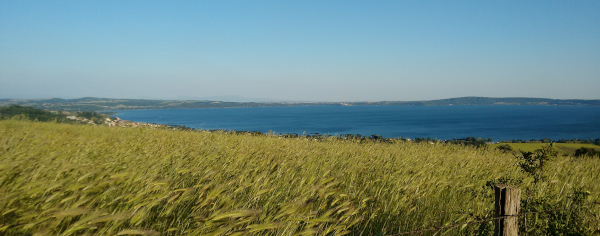A review of scientific research on biodynamic agriculture
Published on Organic Agriculture. Biodynamic agriculture (BD agriculture) was presented as an alternative form of agriculture by the philosopher Rudolf Steiner and is nowadays considered one of the forms of organic agriculture. The objective of the present manuscript is to critically review international scientific literature on biodynamic agriculture as published in highly ranked journals and to assess its performance.



